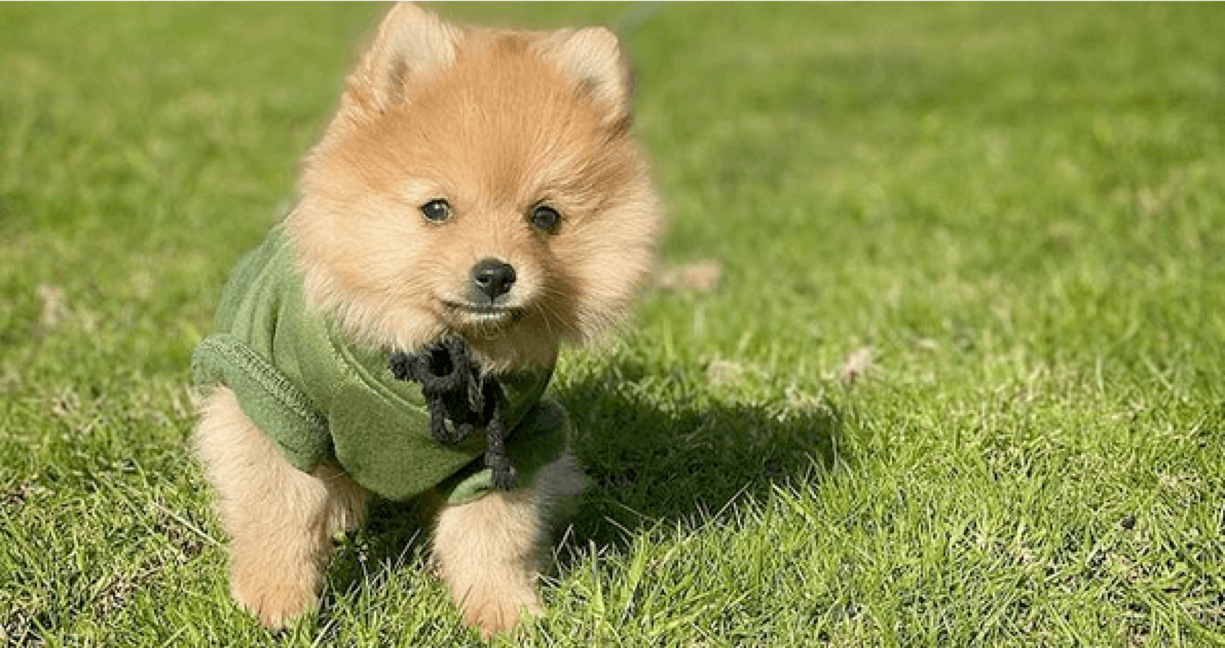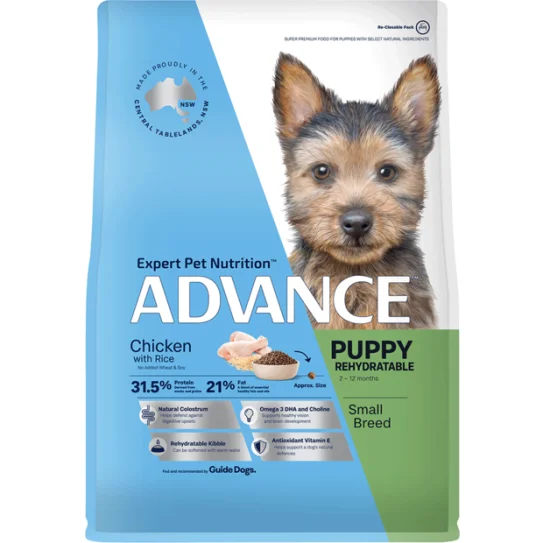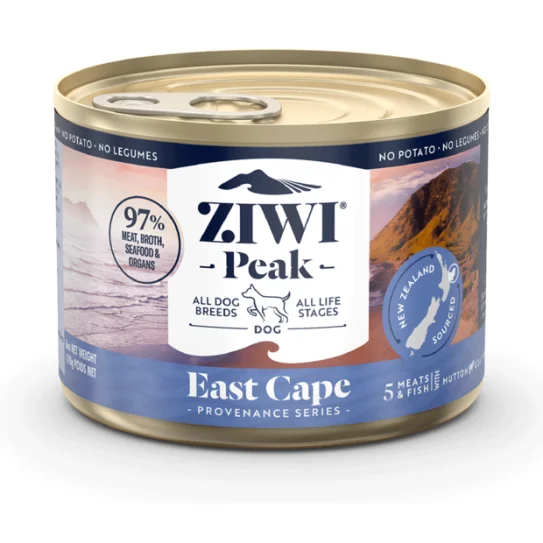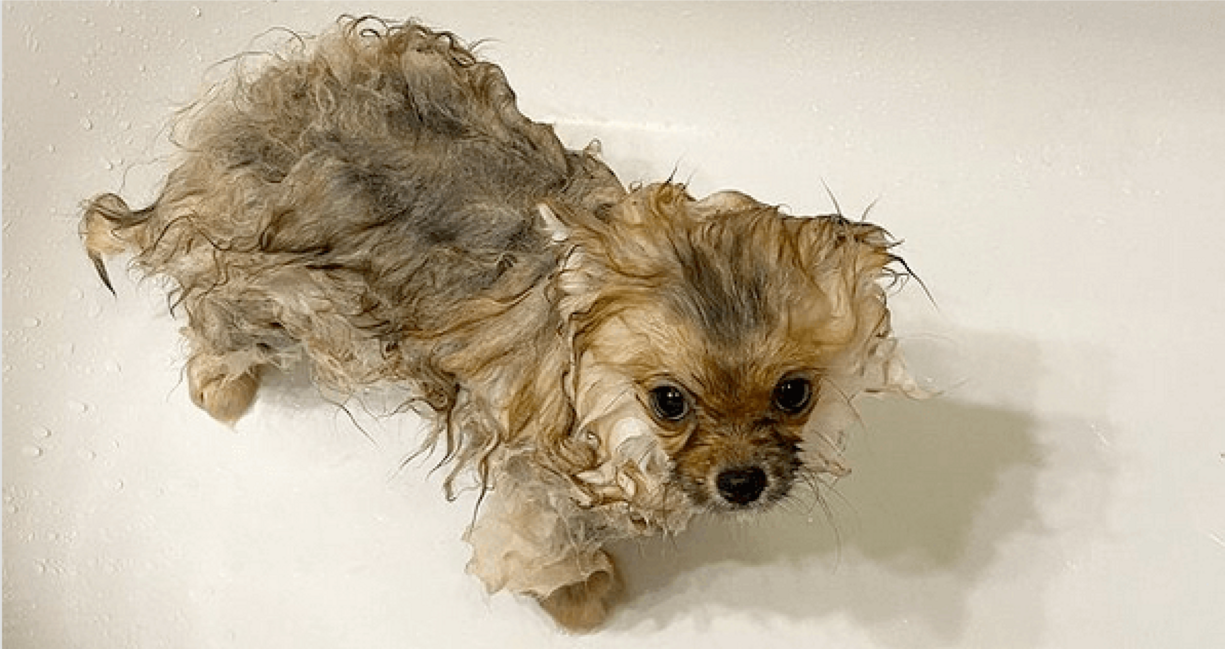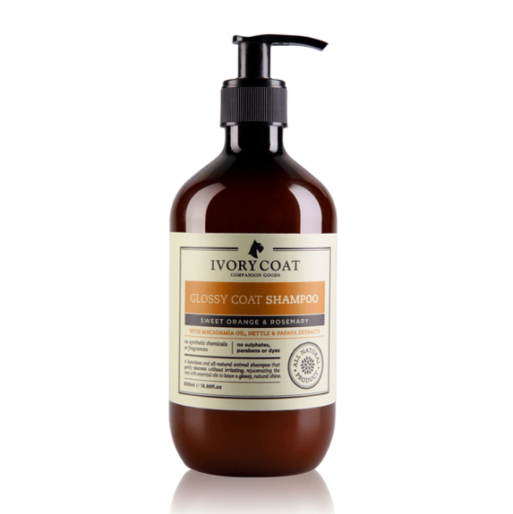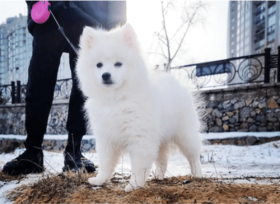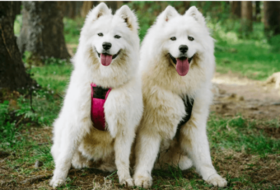Last Updated: 07/05/2025
Pomeranian Complete Breed Guide
Are you thinking of getting a Pomeranian and wondering what these little fluff-balls are like? Find out all about them with our facts and care tips.
Author: Dr Michelle Wong BVSc
Reading Time: 33 minutes - long read
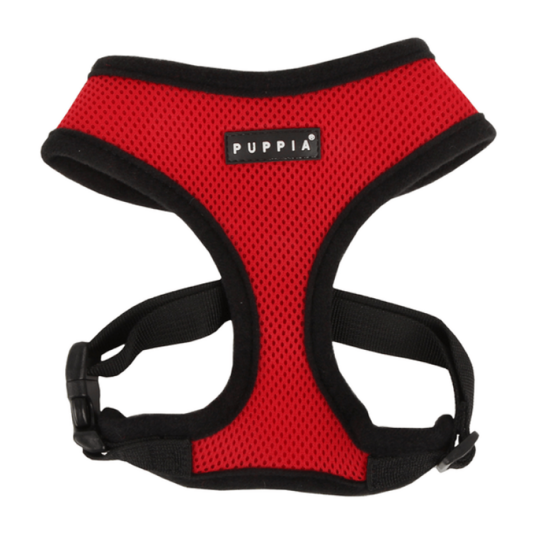
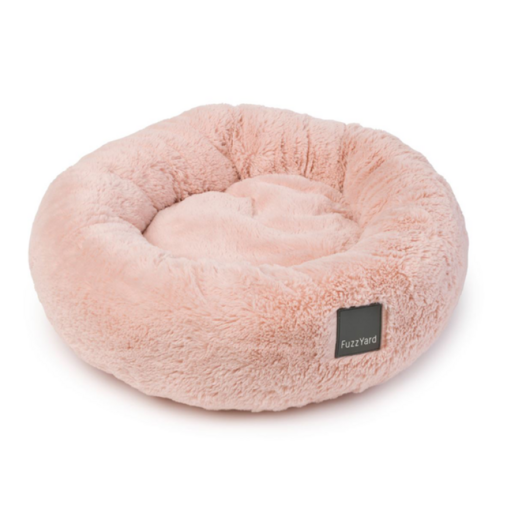
|
Breed size: |
Place of origin: |
Other names: |
|
Toy |
Germany |
Deutscher Spitz, Zwergspitz, Dwarf Spitz |
|
Breed group: |
Energy level: |
Weight range: |
|
Toy Group, Companion Dog |
High |
1 - 3 kg |
|
Life expectancy: |
Tendency to bark: |
Height range: |
|
12 - 16 years |
High |
18 - 30 cm |
|
Drool factor: |
Social needs: |
Coat length: |
|
Low |
High - love getting attention |
Medium, double coat |
|
Shedding factor: |
Overall grooming needs: |
Colours: |
|
Moderate |
High |
Cream, orange sable, wolf sable, brown, chocolate, |
How big do Pomeranians grow?Pomeranians are a pint-sized toy breed, and tend to grow to be only 15-18cm tall (shoulder height) with a standing height of 20-24cm. The average adult weight is 1.4-3.2kg. When meeting your an adult Pomeranian, many are often surprised to hear they are fully grown as they tend to look like puppies for life! |
How much does a Pomeranian cost?Pomeranian puppies vary in price depending on the breeder. However, most Pomeranian puppies cost from $600-1500. Of course, as with any breed, it is cheaper to adopt an adult dog from a rescue. |
Do Pomeranians shed much?Pomeranians do shed. While not considered 'heavy shedders', the amount of hair is still fairly significant. They shed all year round, and have a thick double coat, which consists of a short undercoat and longer topcoat. Thatâs because they are possibly one of the hairiest of the small dog breeds. Shedding fur is generally easily controlled with regular brushing (twice a week is sufficient) with a deshedding comb or a grooming glove. |
Are Pomeranians good pets?Pomeranians make wonderful pets! They are vivacious, loveable, spritely and affectionate. They are also energetic, playful, and great companions. They are gentle with children but are not the ideal pet for young children due to their tiny size, which leaves them at risk of being dropped or stepped on. As with any dog, it is recommended that your child is always supervised when interacting with your Pomeranian to keep both the child and dog safe. |
Do Pomeranians bark much?Pomeranians are quite prone to yappiness, and have a loud high pitched bark. This makes them excellent watchdogs, however it can bother your neighbours a little if left unchecked! To reduce your Pomeranian's barking, ensure you train with positive reinforcement from a young age and reduce problem behaviours before they begin! |
How long do Pomeranians live?The Pomeranian is a toy breed and therefore can live longer than many other dogs. The average lifespan is 12-16 years on average. As with any breed, they will live much longer if you take good care of them, never let them become overweight, and keep their teeth in top condition! |
How much training do Pomeranians need?Pomeranians are quite clever and can be taught tricks easily. With regards to house training, a Pomeranian puppy requires a few weeks of training in order to be fully house and toilet trained. On average, it will typically take 2 to 4 months for a Pomeranian puppy to become fully house ready. Consistency is key - as a toy breed they can try to take liberties and will learn best if you hold your ground and resist those puppy dog eyes! |
How do I choose a Pomeranian breeder?When looking for a Pomeranian, your options are to: a) adopt from a rescue (this is our top recommendation!) b) buy from an or online marketplace or pet store (NOT recommended!), or c) Research a reputable breeder. Never purchase a puppy without inspecting the breeder's premises and asking the 10 Breeder Checklist Questions first. Good breeders socialise their animals, house them humanely, allow you to inspect their premises, and select for healthy traits and good temperaments. Read our Guide to Finding a Good Breeder for more tips. |

